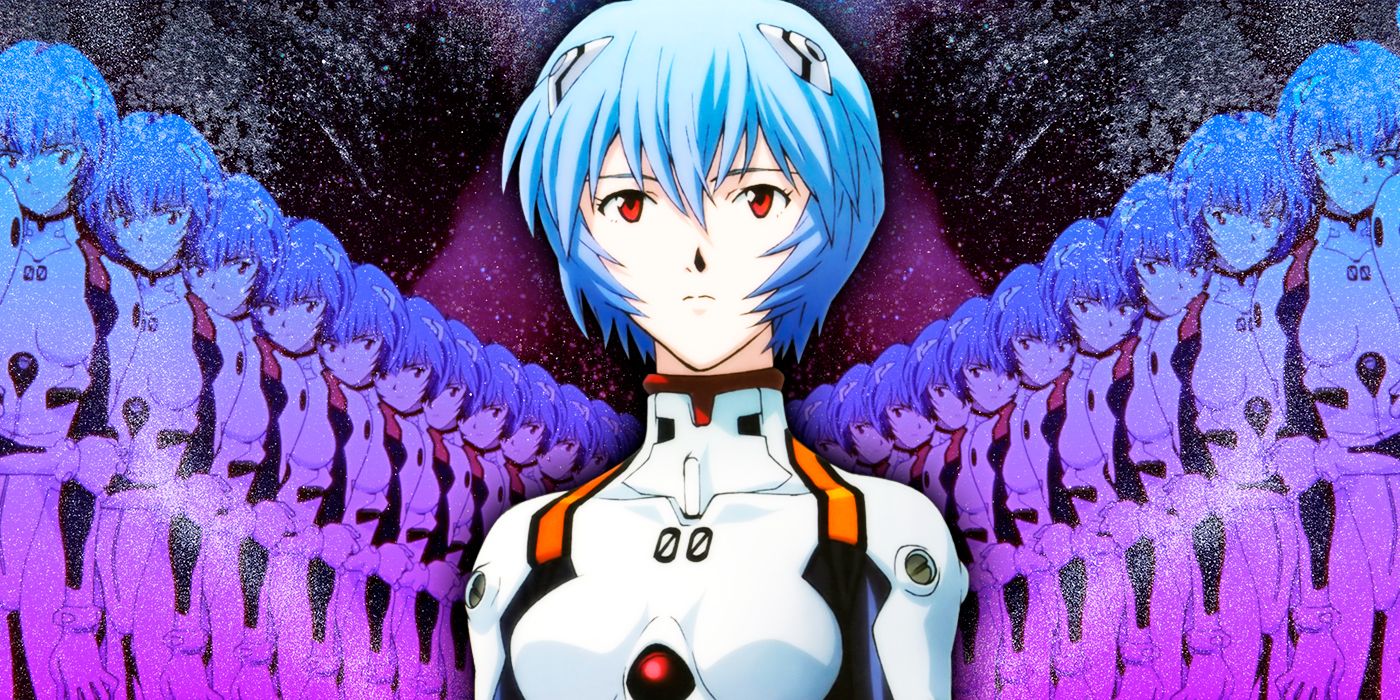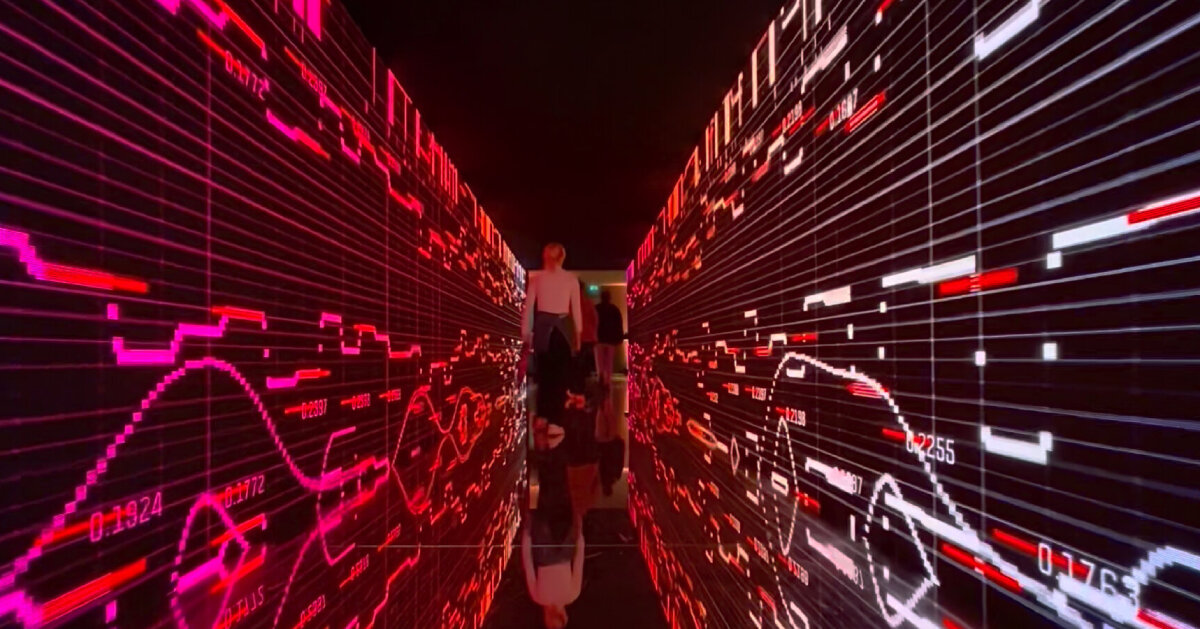Neon Genesis Evangelion was one of the most iconic anime of the 1990s, and this popularity extended to its music; its opening theme became easily one of the iconic songs in anime history, both domestically and internationally. Now the singer behind the show’s classic OP is taking a firm stannce against the use of AI.
Via Yahoo Japan, Yoko Takahashi, the singer known for major hits including “A Cruel Angel’s Thesis,” will no longer appear at an event called “First Concert” (Sakura Hall, Shibuya) by the Ikebukuro Animation Philharmonic orchestra. Her absence is due to the show using promotional material that has been created by AI. This has not only further showcased the growing presence of AI art in the anime industry but also the solidarity of many within this industry, including its vocal and musical talents.
Related
Good Smile Company’s Evangelion Asuka and Rei Dolls Are Dressed for School
Two of the newest Neon Genesis Evangelion collectible figures are super deformed doll versions of Rei and Asuka in school uniforms made of real cloth.
Yoko Takahashi was set to appear and perform at the Ikubukuro Animation Philharmonic’s First Concert, which is currently scheduled for July 10, 2024. The singer is most well-known for “Zankoku na Tenshi no Tēze,” or “Cruel Angel’s Thesis”), the legendary and haunting theme song for the original Neon Genesis Evangelion anime series. The show and its opening song continue to be major hits, which is why Takahashi’s presence had excited so many fans. However, Takahashi will no longer be attending due to the show’s promotional image, which featured a banner with AI-generated artwork — a fact that the singer felt to be distasteful given the concert’s celebration of anime as a medium, stating that she “cannot face [the AI artwork] as an artist” and wants to “cherish the feelings of everyone who deeply loves anime above all else.”
Takahashi and the Ikebukuro Animation Philharmonic both announced the former’s upcoming absence from the show. Since then, many have come out in support of the decision and noted that it was a “courageous decision” on the part of Takahashi. The presence of AI art in anime has become an increasing concern, especially when it comes to the artistic integrity of the medium. Implementation of AI animation is already happening for several studios, and it will likely continue to grow and even phase out some elements of the animation process.
In response to fan backlash following Takahashi’s publicly stated absence, the concert’s official website released an official statement that read, in part: “Despite calling ourselves an orchestra that loves anime, we are ashamed that we were not aware enough of the recent issues surrounding generative AI. We also realized that we did not take into consideration the work and the feelings of everyone who loves anime and the creative aspects of it into account, and all the executive committee members deeply regret this. We sincerely apologize for the inconvenience caused to many people due to our incompetence. We have temporarily replaced the images used on the flyer and website with works commissioned from an illustrator. We will continue to prepare for the concert using these visuals.”
 Related
Related
Evangelion Creator Hideaki Anno’s Studio Releases Statement After Gainax Bankruptcy
Neon Genesis Evangelion creator Hideaki Anno’s studio, Khara, provides extra context to Gainax’s bankruptcy in a newly released official statement.
Evangelion Remains a Classic to Generations of Anime & Mecha Fans
Even anime fans who weren’t around when Neon Genesis Evangelion came out are aware of its legacy. Upending mecha anime with its psychological storytelling, the series launched a wave of dark deconstructions in the medium. The music was especially beloved, be it the show’s theme song, its ending (“Fly Me to the Moon”) or the equally angelic “Soul’s Refrain,” the theme song for the movie End of Evangelion. The latter was also sung by Yoko Takahashi, and it fit the franchise’s motif of initially slow yet pulse-pounding tunes. Although the original show finished its run in the 1990s, it’s remained a massive franchise in the years since. The most recent iteration was the movie series Rebuild of Evangelion, which acted as a semi-reboot, ending with Evangelion: 3.0+1.0 Thrice Upon a Time in 2021.
Series creator Hideaki Anno has stated that a sequel or new Evangelion project could be a potential project in the future. He’s also commented on how newer and younger audiences seemingly don’t want new ideas in anime. This constant need for remakes and reboots has been coupled with concerns over AI and the integrity of art. Regardless of where the franchise goes, it’s clear that its original iteration will remain acclaimed for years to come.

Neon Genesis Evangelion
A teenage boy finds himself recruited as a member of an elite team of pilots by his father.
Release Date October 4, 1995
Cast Megumi Ogata , Kotono Mitsuishi , Megumi Hayashibara
Seasons 1 Season
Studio Gainax, Tatsunoko
Creator Hideaki Anno, Masayuki, Kazuya Tsurumaki
Producer Yutaka Sugiyama, Joseph Chou
Production Company Gainax, Nihon Ad Systems (NAS), TV Tokyo, Tatsunoko Production
Number of Episodes 26 Episodes
Expand
Source: Yahoo Japan, Oricon




